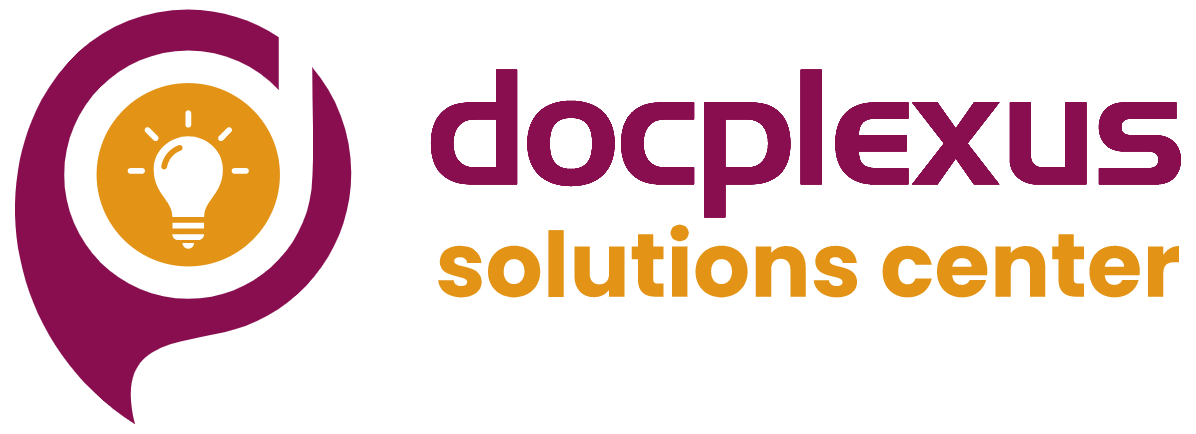
The ETHealthWorld recently interacted with Dr. Mukesh Parmar, the CEO of Docplexus, to spotlight the vital need for doctors worldwide to cut through today’s chaotic multichannel healthcare fracas in the online ecosystem, yet stay updated on-the-go, whilst making critical decisions for their patients.
Talking about how doctors have also begun to adopt online knowledge tools and how the “digitally-active” patient is pushing the envelope too:
“While 86% U.S. adults claim to get their news online, over 220 million individuals globally, across all ages, have registered for at least one of the massive open online courses with e-learning touted to have learning retention rates of 25 – 60% (versus 8 – 10% in physical interactions). Surely, doctors can’t remain untouched by this trend! Especially when it has been well-documented that the quantum of medical knowledge in the world doubles every 73 days and that nearly two-thirds of all patients search the internet prior to a health consultation. Obviously, such pre-informed or inquisitive patients demand to be a part of the decision-making process and hence, will need a nearly “omniscient” doctor!”
Dr. Parmar emphasized on how doctors now seek credible, secured and gated online communities like Docplexus to stay updated, to keep learning, to network and interact with peers and experts without unduly expending their time, money or effort versus days of the past, when it all needed travel:
“Travelling to another location was always known to be time-consuming and expensive by clinician for conferences and educational initiatives in person. But factors like potential networking opportunity and rapport building trumped those hurdles. Hence, doctors used to travel at the expense of their medical set-up and family time. The pandemic certainly rejigged some of these priorities and also opened up the minds of numerous doctors towards easier, faster and more seamlessly available online gated communities like Docplexus, where they can interact professionally, learn, read the latest updates from credible sources and seek quick guidance from peers on challenging cases, sans any physical or geographic constraints. Whilst face-to-face events are again on-the-rise right now, doctors seem no longer in a rush to give up the convenience of digital platforms to stay informed of what’s relevant for them, to publish papers and even seek CME credit points, which help them stay licensed to consult. It is pertinent to note that some of the most highly attended discourses with great engagement on Docplexus have been around medico-legal nuances, tele-consultation, stress management and branding for themselves, financial tips for their clinical practice and of course, latest guidelines on every topic fathomable.”
As easy as online searches seem, Dr. Parmar portended how the SEO algorithms could tarnish credibility, spelling disaster:
“For medical professionals, where one often deals with life-altering decisions for patients, rummaging through search engines like Google tends to be a futile exercise in deciphering hearsay and non-credible sources that rank higher due to algorithm based wizardry, more than relevance or authenticity. Credible information is truly empowering, more so in critical situations. Swift access simply adds to the benefit. Hence, it’s no surprise that even in our recent surveys, almost 81% doctors admitted to making time everyday to browse through digital updates and preferring content-on-demand over other avenues.”
He also outlined the online modalities in use by the conscientious healthcare professionals today:
- Physicians (and even their nurses and staff) heed regular webinars and podcasts on recent advances, therapy guidelines and possible complications.
- They share and discuss real-world patient cases, watch surgical demonstrations, review the latest clinical studies, and interact with global and national experts through live Q&A sessions.
- They access certified educational resources, interactive quizzes, case challenges, CME webinars, and medico-legal guidelines.
- They regularly check the latest global health news, relevant specialty updates, new treatment options and guidelines.
- In many surgical streams, doctors go through digital simulation apps or haptic tools which are often precursors to a lab or hospital training with hands-on sessions.
- Many doctors have been attending online marketing and finance lessons to bolster their practice. Some even study a new language through apps or use patient education kits in local dialects to improve communication with their patients.
Dwelling upon the changing clinician landscape and prerogatives on this front, which are here to stay and evolve, notwithstanding the questions around digital ennui, Dr. Parmar summarised:
“These constant online endeavours help clinicians improve their patient outcomes through evidence-based and informed decision-making towards diagnosis and management, as well as handle the ecosystem around the patient and their families with more compassion and clarity. Whilst naysayers may wax eloquent about digital fatigue and the pros of everything “face-to-face”, it’s a cinch that given the constant AI-fuelled tech evolution, immersive digital modalities will continue to empower healthcare professionals round-the-clock and have a positive and scalable impact on improving quality care for acute and chronic conditions (including lifestyle diseases) in populations across the world, hopefully somewhat circumventing the infrastructure gaps, specially in developing nations.”
Source ET HealthWorld.
